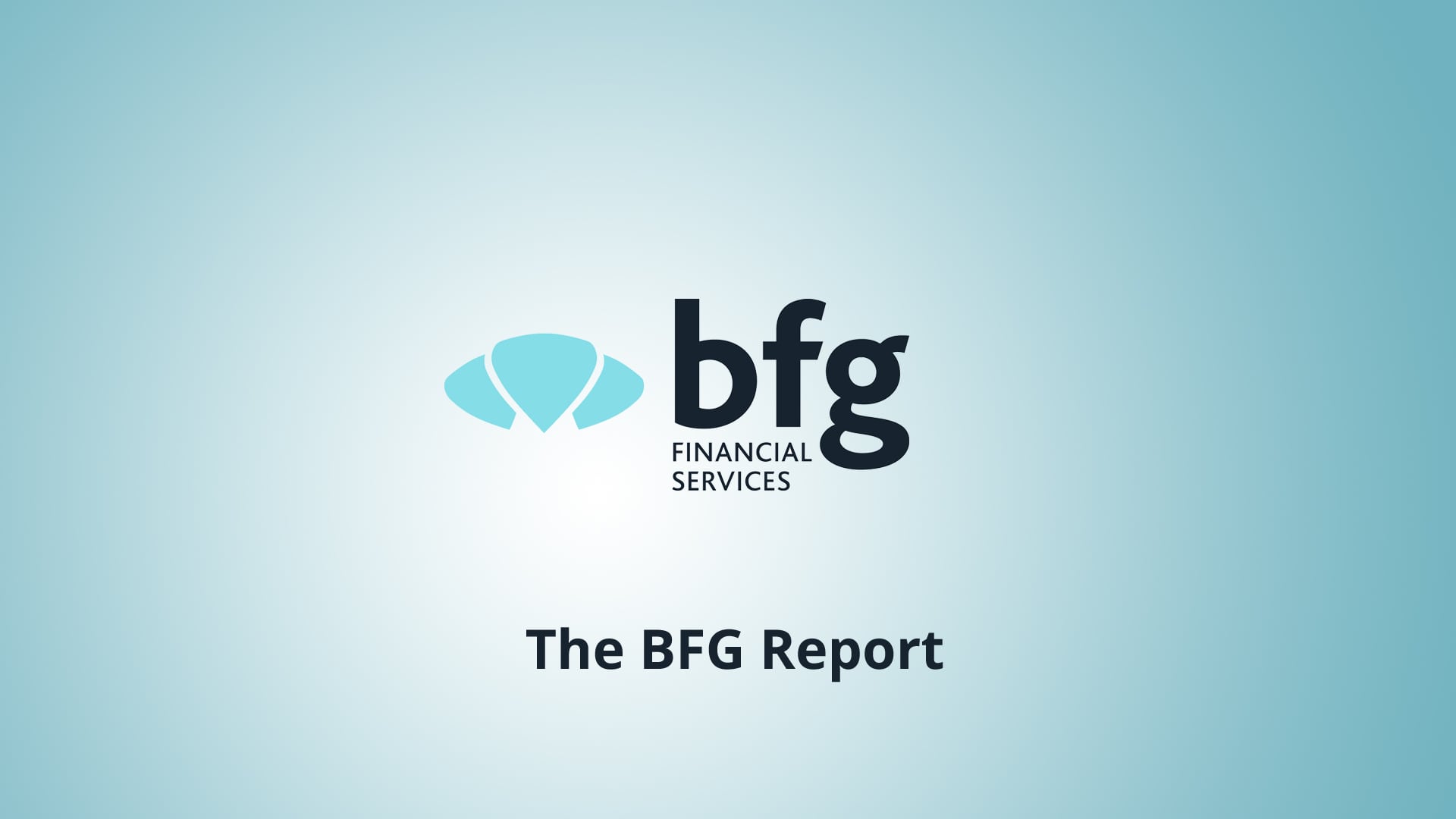Welcome to the 2020 Winter Edition of the BFG Report
Tax Records for Property
While most people are up to date with Tax Records for investment properties the same cannot be said with confidence for other properties including, own homes, holiday homes and vacant land.
Which Properties Require Tax Records?
Where the property was purchased after 19th September 1985 and there is a possibility of the property being subject to capital gains tax (or loss) you must keep records of every transaction, event or circumstance that is relevant to the property. Generally, you need to keep your records for at least five years after the year when the CGT event happened (e.g. you sold the property).
For example, you may have rented out your own home before you moved in or be earning income via say Airbnb. Both these situations are likely to result in capital gain consequences which mean Tax Records will be required. Good records can also help your beneficiaries deal with the impact of Capital Gains Tax (CGT) for your Estate.
What Tax Records Are Required?
- a copy of the purchase contract and all receipts for expenses relating to the purchase such as:
- stamp duty
- legal fees
- settlement statement
- survey and valuation fees
- records of your costs of owning the property including:
- interest
- rates and land taxes
- insurance premiums
- cost of repairs – though you will only be able to include these costs if you acquired your home after 20 August 1991 and have not or cannot claim a tax deduction for them.
- records of capital expenditure such as extensions additions or improvements, including initial repairs, and maintaining the title or right to the title during your period of ownership.
- all records relating to the sale of the property (or transfer) and all relevant expenses such as:
- the sale contract
- sale settlement statement
- legal fees
- sales commission
- if your home is used to produce income for the first time after 20 August 1996, you generally need to know your home’s market value at the time you first used it to produce income (it’s best to value your home at the time but if necessary you can get it valued retrospectively).
Please contact Tim Lehnis (tlehnis@bfg.au) should you require further assistance or to discuss any missing information from your records.
Investment Market Review – Quarter Ended 31 March 2020
Australian Shares
The S&P/ASX 300 Accumulation Index underperformed global markets in the March quarter, falling 23.4%.
Most sectors performed poorly with Energy the worst (down 48.9%). Defensive sectors outperformed the market with Utilities (down 10.3%), Consumer staples (down 4.3%) and Healthcare (up 1.5%) performing relatively strongly.
Australian Shares
1 Year is -14.50%
5 Years is 1.40%
10 Years is 4.80%
Listed Property Trusts
The Australian real estate investment trust (A-REIT) fell by -34.3% during the March quarter.
The Coronavirus lockdowns were a key factor for the decline with consumers staying at home rather than shopping or seeking entertainment such as going to the movies following the Government’s instructions. In addition, commercial landlords are facing restrictions on tenant evictions and rental increases per a new Code of Conduct issued by the Government.
Listed Property Trusts
1 year is -31.30%
5 Years is 0.50%
10 Years is 7.20%
International Shares
International shares also declined but by considerably less than Australian shares. The MSCI World Index in Australian dollar terms fell -9.3%.
Global share markets fell during the quarter (in local currency terms) led by weakness in Europe and the United States (US). European and US weakness reflected the struggles both are facing in handling the Coronavirus outbreak
International Shares
1 Year is 4.00%
5 Years is 7.90%
10 Years is 11.00%
Fixed Interest
Australian fixed interest performed positively with the Bloomberg AusBond Composite Index, rising 3% during the March quarter. The RBA cut interest rates twice taking its cash rate to 0.25%. It also committed to targeting the 3-year Government bond yield to be 0.25% to keep short-term interest rates low across the economy. This helps corporate borrowers by lowering their financing costs but also lowers the future returns for lenders and investors. Bond prices were pushed higher (and bond yields lower) by investors seeking safe assets.
Fixed Interest
1 Year is 6.80%
5 Years is 4.20%
10 Years is 5.90%
Cash
The Bloomberg AusBond Bank Bill Index rose 0.3% during the March quarter. The RBA has indicated any normalisation of rates will be gradual as the economy recovers and is expected to take a number of years.
Cash
1 Year is 1.20%
5 Years is 1.80%
10 Years is 2.80%
High Yielding Internet Savings Accounts
Financial Institution Interest Rate**
RaboDirect Bank 2.25% p.a.
Citi Online Saver 2.05% p.a.
ME Bank Online Saver 1.80% p.a.
ING Savings Maximiser 1.80% p.a.
Rams Saver 1.20% p.a.
St George – Maxi Saver 1.20% p.a
** Rates are subject to conditions and change. Rates are correct as at 10/7/2020.


